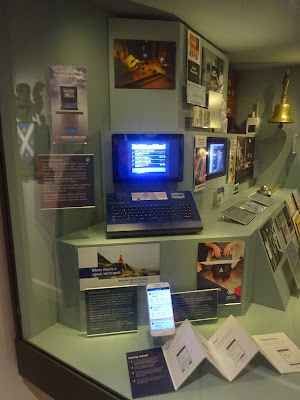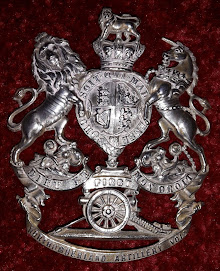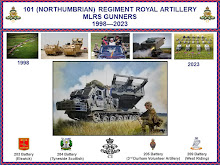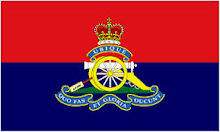The Museum on the Mound houses a collection relating to the history of the Royal Bank of Scotland, now part of the Lloyds Banking Group.
 |
| Museum on the Mound |
The Bank of Scotland was founded in 1695 to support Scottish Business. At that point in time Scotland was an independent country, the Act of Union with England not being signed in 1704.
 |
| Bank of Scotland original ledgers and documents |
The origins of Lloyds Bank lay with the formation of the Taylor and Lloyds Bank in Birmingham in 1765, by John Taylor and Sampson Lloyd. The association between the Taylor and Loyd family ended in 1852, and in 1865 became Lloyds Bank. It adopted the Black Horse logo in 1884.
 |
| Lloyds Bank history |
The museum follows the development of the banking system and money from the early days of hand written ledgers through to modern computerised systems.
 |
| Electronic Banking System |
The Bank of Scotland issued it's first bank notes on its formation in 1695 , and continued to do so after the action of the Union in 1704. The practice of Scottish Banks issuing their banknotes continues today.
An exhibit shows what One Million Pounds in Scottish £20 bank notes looks like.















































